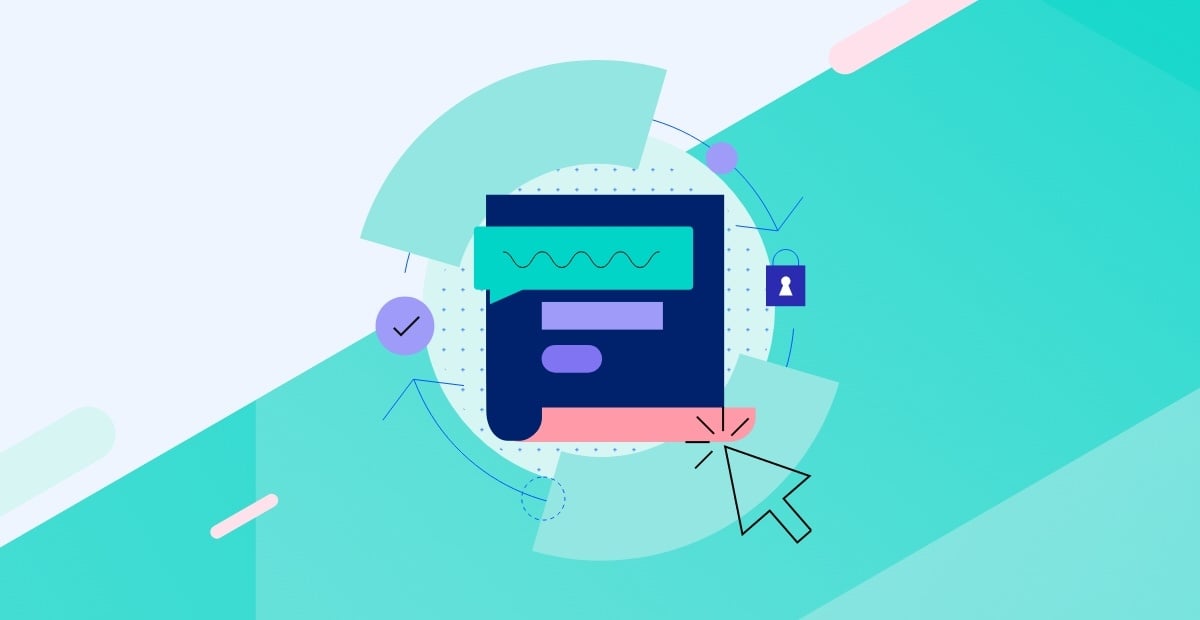Podcast: Cybersecurity in the Automotive Industry

It is no secret that with rising digitalization, the risks of hacking, spying, and stealing data online went up—a focus point of the development of cybersecurity in the automotive industry.
The car industry has been undergoing lots of change and innovation during the last decades, but especially since Tesla released a car driven by autopilot. The danger of unhinged cars driven by external forces on our streets seems enormous, but is that simply a utopic thought, or can this become a reality?
Are Modern Cars at Risk for Cyber Threats?
A leak of cybersecurity in automobiles is not futuristic, but reality. This was proven when Chinese hackers revealed the possibility of losing control over your car in 2019. They managed to hack into a self- driving Tesla and made the car switch lanes. While this was part of a study with no actual evil intentions, it makes one question more modernized vehicles' security.
In an interview with Greg Mooney, Nat Meron, the Chief Product and Marketing Officer of C2A Security, talked about the subject. He is an electrical engineer and expert in automotive cybersecurity. His mission is not only security but a matter of vehicle safety. He also gives a fascinating insight into why the development of safety measures' is so slow compared to the automotive industry's results and products.
Why is Development Slow?
Meron sees the main reason for the slow development in the OEMs of the automotive industry. OEMs, short for Original Equipment Manufacturers, are pressured to produce automobiles as cheap as possible by the car manufacturers. Another point is the missing guidelines and standards required. With automotive driving being relatively new, no guidelines for production existed for a relatively long time.
A newly published and enforced ISO standard may change that. The Automotive Cybersecurity Standards are the foundation of the new legal base to protect vehicles from being unprotected. For firms like C2A Security, this is the source of whole new market growth. With this, 2020 will be a year of many new developments in security and safety features, and will mean more work for automotive cybersecurity startups, Meron says.
Are Safety Options Being Developed?
The risks are obvious since modern car technology is entirely digital. You may have noticed that you download everything, from the updates for your GPS to new software updates when you visit the workshop for a repair. Some cars even can connect to your phone. This service may seem like an improvement, but in actuality it unlocks a million potential safety lacks.
With the new standards for automotive security, you can be sure that those issues will be taken care of- hopefully, in a very successful way. After all, innovation does not stop, and the possibilities are endless when it comes to autonomous and semi-autonomous systems in cars. We have seen a few instances of different types of hacks that can happen, and as we all know, solutions always follow the problems.
The future of automotive cyber security will be in the hands of tomorrow.

